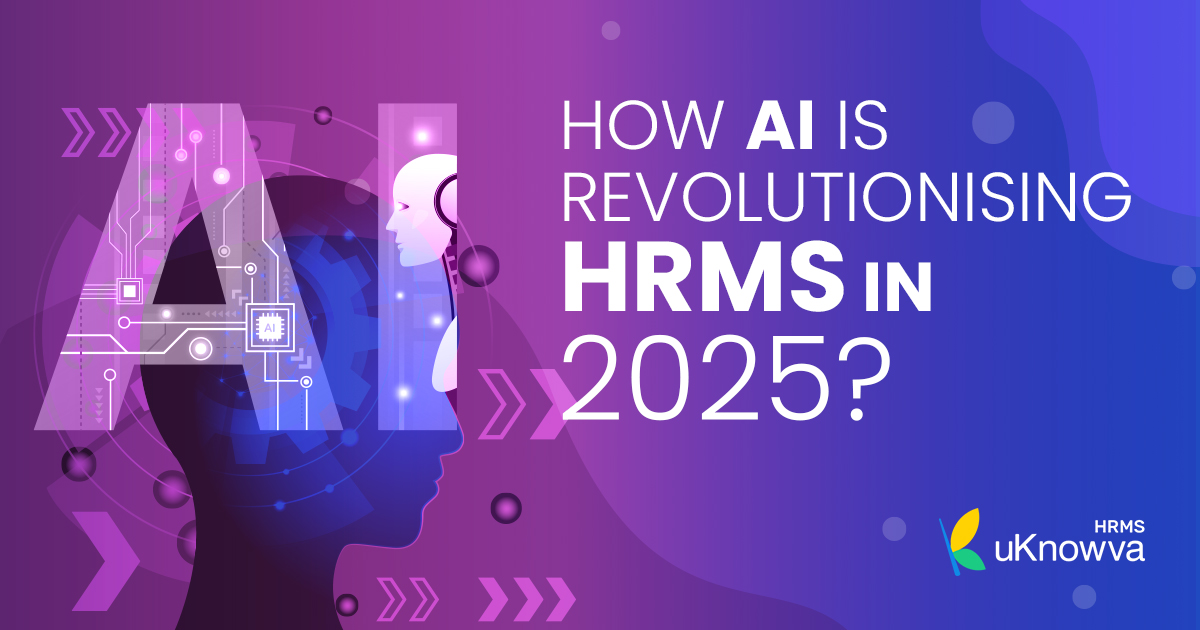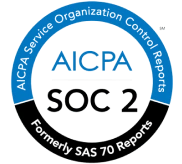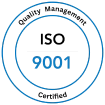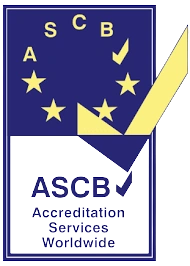Table of Content
Introduction
AI is revolutionising HRMS by transforming traditional systems into advanced, intelligent platforms that redefine how organisations manage their workforce.
In 2025, AI integration into HRMS has become essential, empowering businesses to adopt smarter, more efficient, and employee-centric practices.
Here's an in-depth look at how AI is driving this transformation.

7 Ways to Determine How AI is Revolutionising HRMS
- Personalised Employee Experiences
AI makes closed-based HR platforms capable of delivering unique and customised employee experiences by analysing individual preferences, performance data, and behavior patterns.
Examples:
AI algorithms can identify employees’ skill gaps, reform agile career paths, and recommend training programs or development opportunities. This makes the right way for the talented people to succeed in their professional fronts while in the same organisation.
AI-driven wellness programs offer tailored health recommendations, such as stress management or fitness resources.
Benefits:
- Enhanced employee engagement by aligning their roles and growth paths with personal aspirations.
- Higher satisfaction levels lead to improved retention and loyalty.
- Enhanced Recruitment Processes
AI simplifies and accelerates hiring by automating job profiling and CV match making process, ensuring the selection of top talent efficiently and without bias.
Examples:
AI-powered tools like uKnowva HRMS CV Match Maker screen thousands of resumes, shortlisting candidates based on skills, experience, and cultural fit.
Chatbots interact with applicants, provide application updates, and even conduct initial assessments.
Benefits:
- Faster hiring cycles with improved accuracy in candidate selection.
- Greater focus on skills and qualifications, reducing unconscious bias in recruitment decisions.
- Predictive Analytics for Workforce Planning
AI-driven predictive analytics enables organisations to anticipate workforce trends and make proactive decisions to meet future demands.
Examples:
Automated employee stress reports and trackers identify employees who might be at risk of leaving based on engagement levels, performance metrics, and other data.
Forecasting future staffing needs based on business growth, seasonality, or project timelines.
Benefits:
- Minimised turnover by addressing retention challenges before they escalate.
- Optimised workforce allocation to ensure seamless operations.
- Automation of Routine Tasks
AI-powered automation eliminates repetitive and time-consuming tasks, allowing HR teams to focus on strategic initiatives.
It is backed up by the concept of robotic process automation (RPA) in HR which helps to set up workflows for redundant tasks and automate those without much interference or supervision. HR leaders save at least hundreds of hours of their mental labour by doing this.
Examples:
AI is revolutionising HRMS by automating payroll calculations, compliance reporting, and leave management approvals.
Employee self-service portals like uKnowva HRMS integrate with new-gen AI agents to handle routine queries such as leave balances or policy details.
Benefits:
- Reduced administrative burden on HR teams.
- Fewer errors and faster task completion.
- Real-Time Employee Sentiment Analysis
AI is revolutionising HRMS by continuously monitoring employee sentiment through happiness meter, feedback, surveys, polls, and other such factors to trace employee activities and job involvement online.
Examples:
Get real-time insights into team morale, enabling timely interventions. Know which employees are dissatisfied, feeling bored, tired, or fatigued over the workload or unmet deadlines within a few clicks.
Benefits:
- Proactive resolution of employee concerns.
- A more engaged and motivated workforce.
- Smart Learning and Development
AI revolutionises learning and development by personalising training programs based on individual skill gaps and future career aspirations.
Examples:
AI suggests upskilling opportunities tailored to an employee’s current role and career trajectory.
Automated scheduling ensures employees receive training at convenient times without disrupting workflow.
Benefits:
- Accelerated skill development and readiness for future challenges.
- Increased employee satisfaction with growth opportunities.
- Data-Driven Decision Making
AI empowers HR leaders with actionable insights derived from comprehensive predictive analytics in HR.
Examples:
uKnowva HRMS offers real-time dashboards displaying workforce productivity, engagement trends, and attrition risks.
The dashboards and reports can suggest optimal strategies based on predictive models, such as retention programs or hiring needs.
Benefits:
- Faster and more informed decision-making processes.
- A competitive edge in workforce management.
Conclusion
AI is revolutionising HRMS in 2025 by transforming it into a smart, proactive, and people-centric tool.
It empowers HR teams to go beyond traditional administrative roles, focusing on strategic workforce management and employee satisfaction.
Platforms like uKnowva HRMS leverage AI to provide cutting-edge solutions, enabling organisations to adapt to dynamic workforce needs, foster innovation, and achieve sustainable growth.
Such solutions often include machine learning in HR systems or blockchain for HR to reengineer the delivery and output of an individual over a period.
And as AI continues to advance, its integration into HRMS will shape the future of work like never before.
FAQs on How AI is Revolutionising
-
How is AI changing the workplace and business operations?
AI is transforming workplaces by automating repetitive tasks, enabling employees to focus on higher-value work.
Chatbots and virtual assistants handle customer queries efficiently, while machine learning algorithms optimise supply chain management and forecast market trends.
- How does AI-powered HRMS improve recruitment and hiring?
AI-powered HRMS enhances recruitment by automating resume screening, shortlisting candidates, and predicting candidate success based on historical data.
AI-driven chatbots engage applicants, answer FAQs, and schedule interviews, ensuring a seamless hiring process.
Machine learning algorithms also help eliminate bias, promoting fair and data-driven hiring decisions.
- How can AI-driven HRMS boost employee engagement and productivity?
AI enhances employee engagement by offering personalised learning recommendations, real-time feedback mechanisms, and AI-powered wellness tracking.
It enables automated recognition programs, predictive retention strategies, and intelligent pulse surveys to measure engagement.
By reducing manual HR workloads, AI allows HR teams to focus on strategic initiatives that improve overall productivity.












